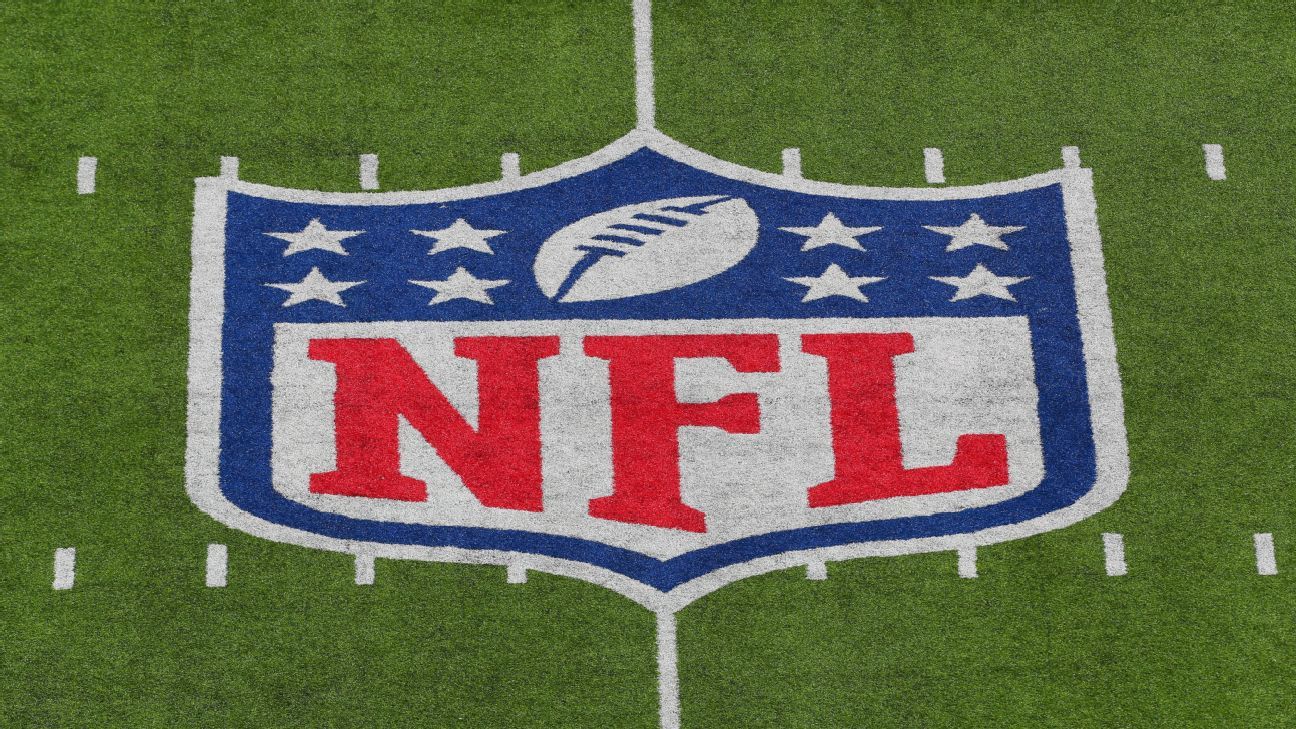NFL files to move Flores' lawsuit to arbitration - 4 minutes read

The NFL on Tuesday filed a motion in federal court to compel Brian Flores' class-action lawsuit against the league and several teams, in which he and two other coaches allege racial discrimination in its hiring practices, to arbitration.
The filing was made in United States District Court for the Southern District of New York and included redacted contracts for all the coaches who are named as plaintiffs in the lawsuit -- Flores, Steve Wilks and Ray Horton. The filing also includes a copy of the NFL's Constitution and Bylaws.
The NFL argued in its filing that all three coaches agreed in their signed contracts to arbitrate any claims against the teams that employed them and that "the NFL Constitution's arbitration provisions to which Plaintiffs agreed expressly cover claims involving two or more member clubs and claims between any coach and any member club -- precisely the case here."
The NFL also argued in its filing that those signed contracts also compel any claim against the league to arbitration and Supreme Court precedent requires each man to arbitrate their claims on an individual basis.
Flores, who filed his lawsuit in February, also alleged that the Miami Dolphins owner Stephen Ross offered him $100,000 per loss during the 2019 season, his first with the team, to improve its draft position. In its motion filed Tuesday, the NFL stated that this also is not a matter for the federal courts to rule on, writing, "Courts are particularly hesitant to interfere in such matters, because the internal standards of professional sports leagues 'are not necessarily familiar to courts and obviously require some expertise in their application.' To support that argument, the NFL cited Charles O Finley & Co. vs. Kuhn (1978) and Crouch vs. NASCAR, Inc. (1988) as precedent.
Douglas Wigdor, one of Flores' attorneys, had argued before a judge in May that arbitration is the wrong way to resolve the lawsuit. Flores' attorneys also said in a statement issued in April, when the NFL first expressed its intention to file a motion to compel arbitration, that doing so would eliminate much-needed transparency in the case.
Flores' attorneys want the case to remain in the courts for a jury trial, where it would eventually move to discovery and each side can view relevant documents held by the other.
Flores alleged discrimination from the Dolphins for his firing in January and from the Denver Broncos, New York Giants and Houston Texans -- teams that he interviewed with for head coaching jobs but not hired. Flores alleged that he received "sham" interviews from the Broncos and Giants to satisfy the Rooney Rule requirement to interview minority coaches. The Texans were later added to the lawsuit after Flores alleged he was "retaliated" against by the team by not hiring him because he filed his lawsuit.
The Arizona Cardinals and Tennessee Titans were added to the lawsuit in April when Wilks and Horton joined the lawsuit. Wilks alleges he was "not given any meaningful chance to succeed" by the Cardinals, who fired him after one season in which Arizona finished 3-13. Horton was passed over for the Titans job in favor of Mike Mularkey in 2016.
Mularkey, who had been the team's interim head coach for the final nine game of the 2015 season, said in a 2020 podcast that the Titans' owners told him he was going to get the job before they'd completed the interview process, including interviewing two minority candidates.
Flores is currently employed by the Pittsburgh Steelers as a senior defensive assistant and linebackers coach. Wilks is currently employed by the Carolina Panthers as the defensive pass game coordinator and secondary coach. Redacted copies of Flores contract with the Steelers and Wilks' with the Panthers were also attached to the NFL's filing as well as Flores' contract with the New England Patriots, the team he was employed by before being hired by the Dolphins.
Horton is now retired.
Source: www.espn.com - NFL